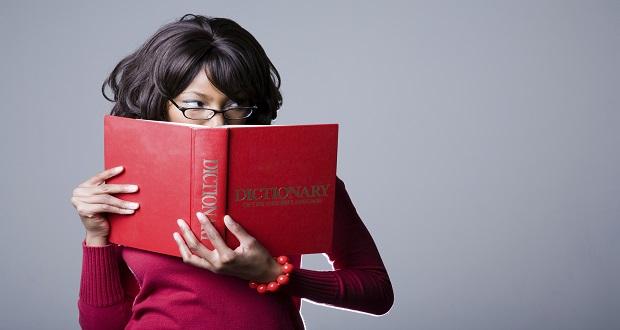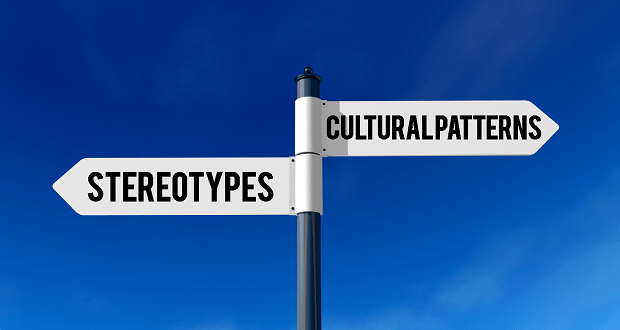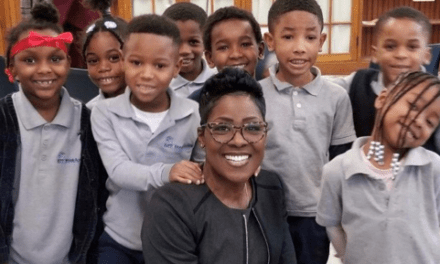I have written about this notion of tolerance before and felt compelled to revisit it because of a spirited debate I had with a client a few weeks ago. When I asserted that tolerance was not enough because it means that you merely “put up with something,” he challenged me with the definition that he found in Dictionary.Com that goes as far as to say that tolerance is freedom from bigotry. The full definition says tolerance is:
- a fair, objective, and permissive attitude toward those whose opinions, beliefs, practices, racial or ethnic origins, etc., differ from one’s own; freedom from bigotry.
- interest in and concern for ideas, opinions, practices, etc., foreign to one’s own; a liberal, undogmatic viewpoint…Dictionary.Com
The Cambridge Dictionary definition is a little better but not much because it asserts that tolerance is “acceptance”. The full definition in this dictionary is:
ALSO toleration, /ˌtɑl·əˈreɪ·ʃən/ willingness to accept behavior and beliefs that are different from your own, even if you disagree with or disapprove of them
The first definition in the Merriam Webster Dictionary for tolerance is: the capacity to endure pain or hardship. The second definition is: sympathy or indulgence for beliefs or practices differing from or conflicting with one’s own.
Is it painful and a hardship to practice inclusion? If we define inclusion like we do at The Winters Group—creating a world that values, respects and leverages our similarities and differences—it seems to be for many. And sympathy nor indulgence will get us to inclusion. They engender pity and patronization. Empathy is what we want to strive for because it is defined as the ability to understand and share the feelings of another. Understanding the feelings of others requires effort. . It is what we define as cultural competence—a continuous learning process to gain knowledge, appreciation, acceptance and skills to increase the ability to discern cultural patterns in your own and other cultures in a non-judgmentally and then use this knowledge in adaptive ways in decision making and problem solving.
Another participant in the session opined that tolerance is better than intolerance. I guess it is, but that is like saying “something is better than nothing”. Is that what we are striving for…” something”? I guess when you look at the progress (or lack thereof) we have made in creating an inclusive world, we have settled for “something” as the vision…tolerance. From my perspective tolerance is a weak vision even though some of the dictionary definitions use words that mean inclusion such as a “fair and objective” and “acceptance”.
As you can tell by now, I am a pretty strong opponent of tolerance as the end game for inclusion. We need more than tolerance to live inclusively. Tolerance keeps us at the status quo, requiring no effort to learn about our “others” or to challenge our own biases and prejudices. However, the term widely used in the D&I space as a laudable goal.
If we are serious about living inclusively, let’s not merely “put up with each other”. Commit to the hard work that it takes to go deeper in the journey to increase our exposure and experience with difference; to increase understanding our others to allow for more empathy.



















